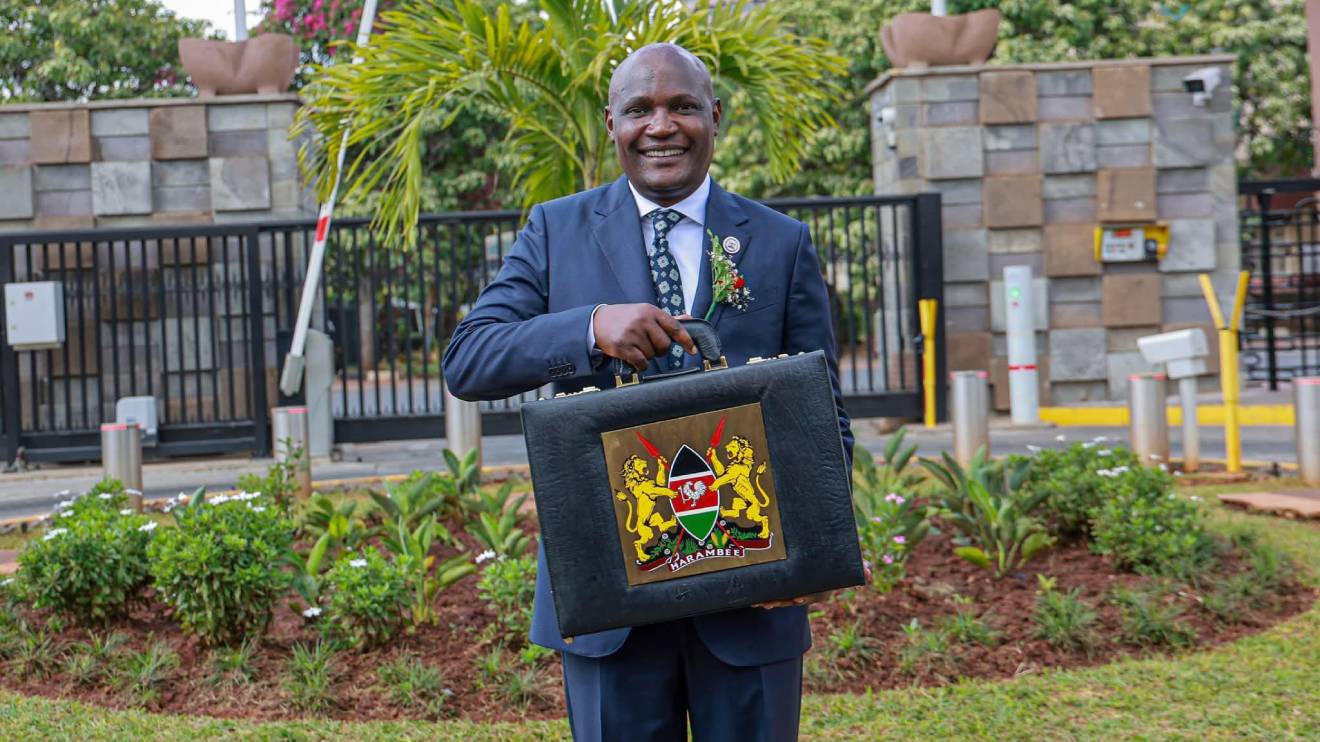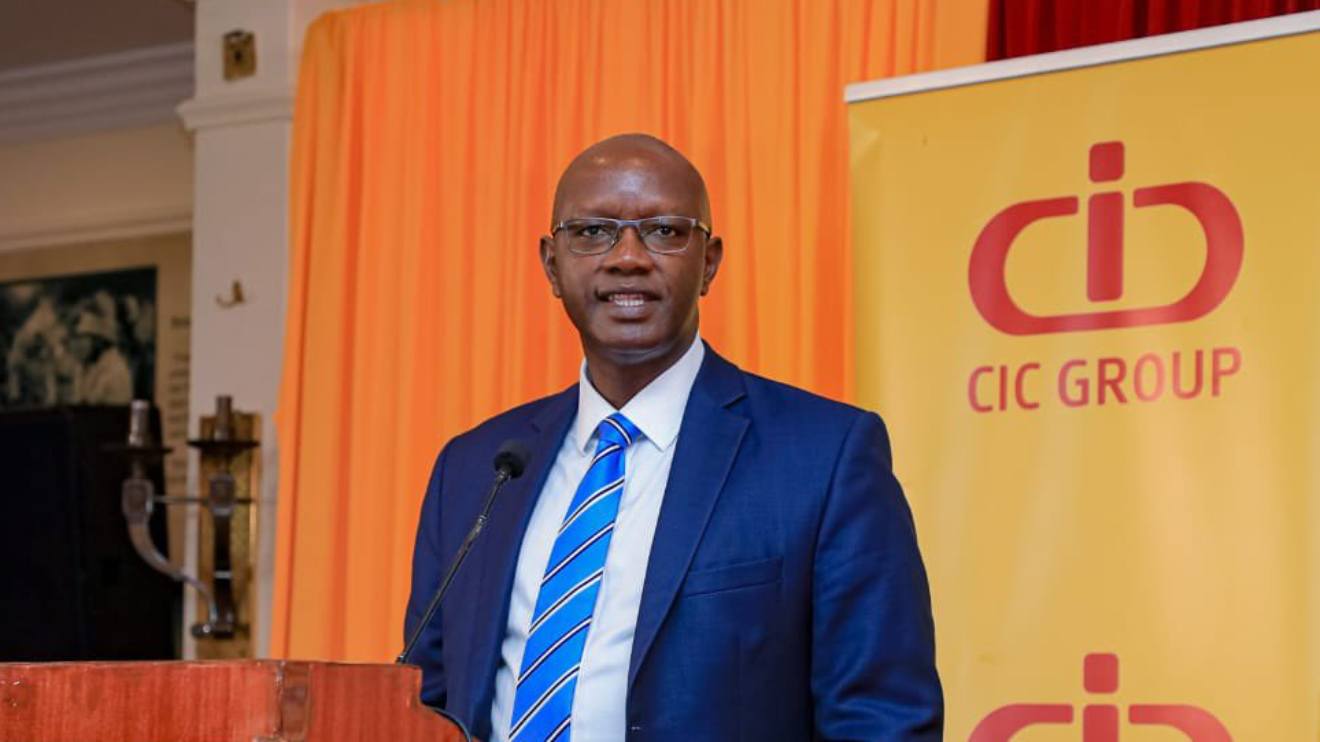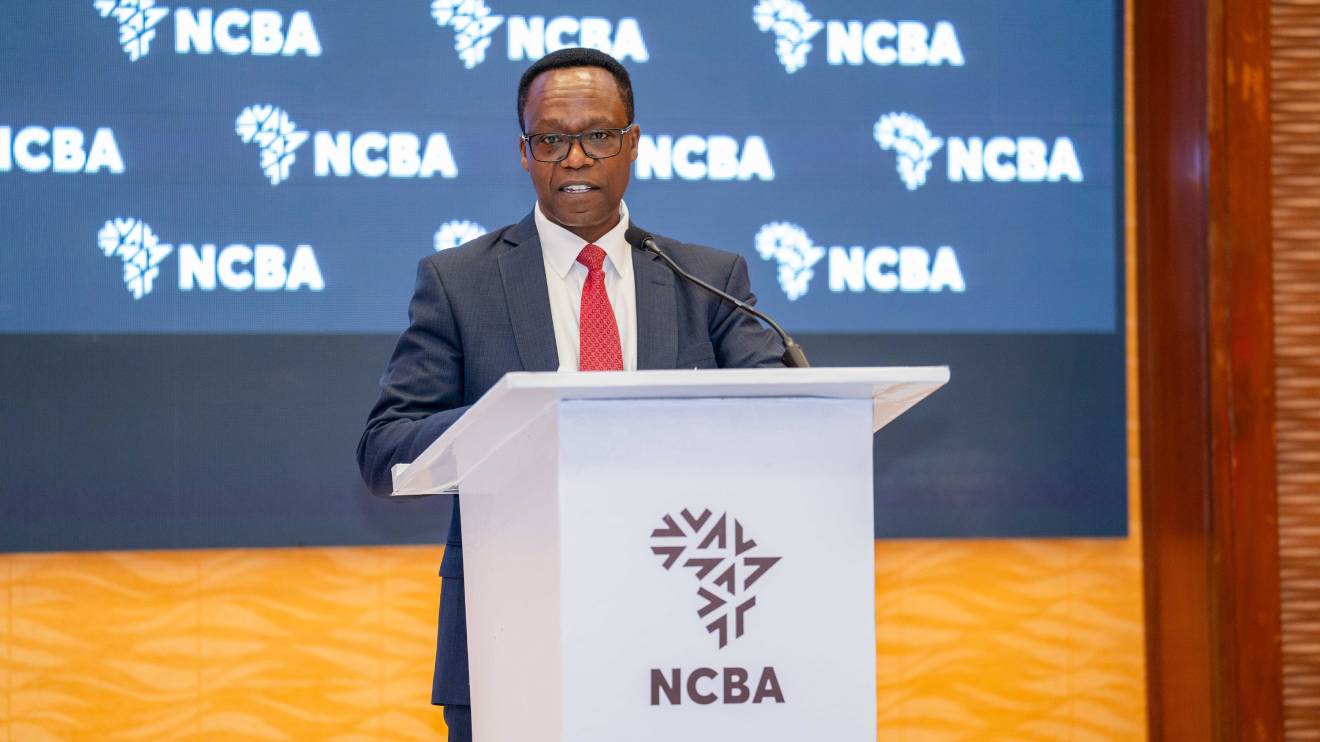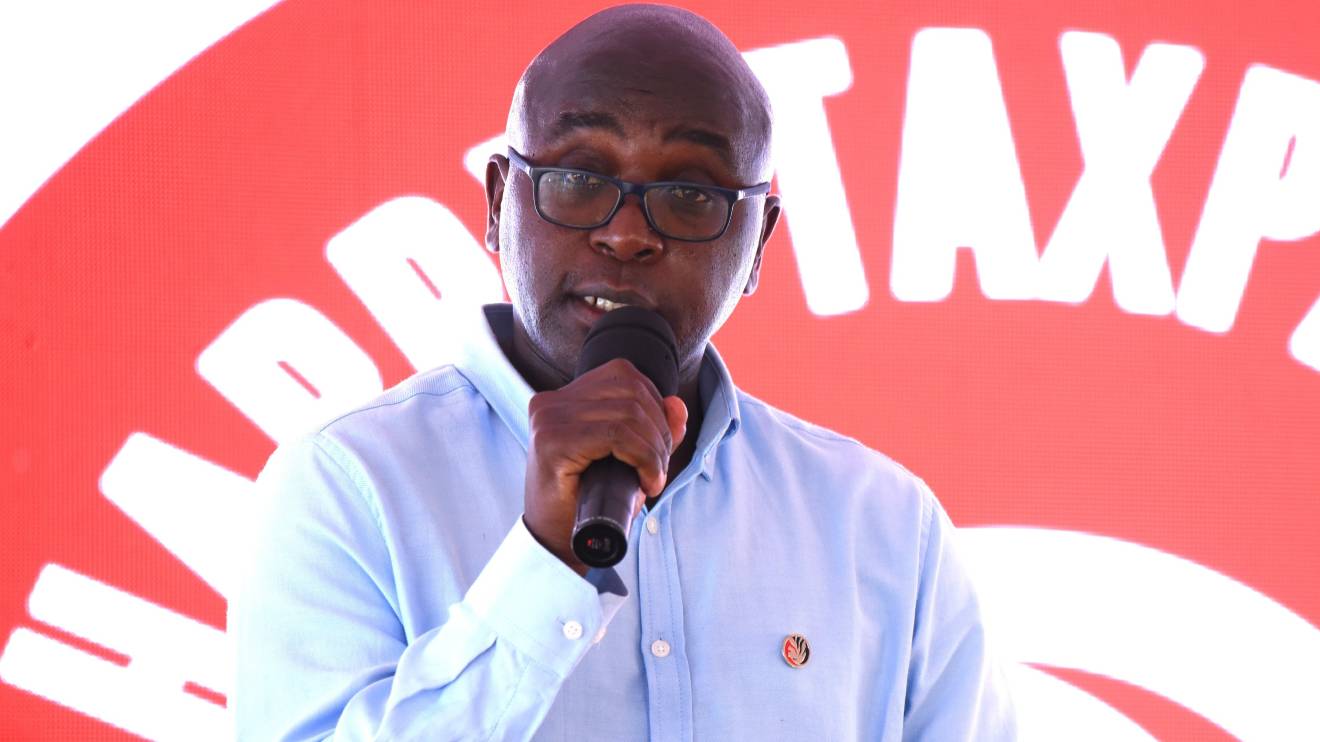Treasury Cabinet Secretary John Mbadi on Thursday presented a Sh4.29 trillion budget to the National Assembly for the 2025/26 financial year, in what the government has described as a blueprint to consolidate economic recovery and social development under the Bottom-Up Economic Transformation Agenda (BETA).
With the theme “Stimulating Sustainable Economic Recovery for Improved Livelihoods, Job Creation, and Business and Industrial Prosperity,” the budget proposes increased spending on education, healthcare, infrastructure and security, alongside social protection measures targeting youth, women and vulnerable populations.
“Expenditures for the FY 2025/26 will consolidate the gains realised under the Bottom-Up Economic Transformation Agenda with special focus placed on promoting investment in core pillars and their enablers through a value chain approach,” Mbadi said.
Education Takes the Lead
The education sector received the single largest allocation at Sh702.7 billion, which includes funds for the Teachers Service Commission, universities, Technical and Vocational Education and Training (TVET), and infrastructure development.
Read More
According to the CS, education plays “a vital role in economic development by enhancing human capital, driving innovation and improving productivity.”
Health and Social Protection
The health sector was allocated Sh138.1 billion, with Sh13.1 billion going to the Primary Healthcare Fund and Sh6.2 billion set aside for coordination of the Universal Health Coverage programme.
An additional Sh17.3 billion from the Global Fund will support the fight against HIV/AIDS, malaria and tuberculosis, while Sh4.6 billion is earmarked for vaccines and immunisation.
Cancer care and critical illness treatment will benefit from an allocation of Sh8.0 billion, and Sh42.4 billion will go towards enhancing key referral hospitals including Kenyatta National Hospital and Kisii Level 5 Hospital.
To cushion the most vulnerable, the budget allocates Sh41.4 billion for social protection, covering cash transfers to the elderly (Sh25.1 billion), orphans and vulnerable children (Sh8.9 billion), and persons with severe disabilities (Sh1.5 billion).
Roads, Counties and Security
Infrastructure spending remains a top priority, with Sh217.3 billion allocated to roads. County governments will receive a combined Sh474.9 billion, comprising equitable share and additional allocations aimed at strengthening devolved services.
National security spending includes Sh202.3 billion for Defence and Sh125.7 billion for the National Police Service, underscoring the government’s continued focus on national stability and public safety.
Support for Youth and Women
To combat unemployment, Sh105.6 billion has been designated for youth, women, and equity programmes.
This includes Sh10 billion for the National Youth Service, Sh3.6 billion for the National Youth Opportunity Towards Advancement (NYOTA), and allocations for the Women Enterprise Fund and gender-based violence prevention initiatives.
Agriculture and Land Reforms
Agriculture received Sh47.6 billion, including Sh8 billion for fertiliser subsidies and Sh10.2 billion for value chain development across fisheries, livestock and horticulture.
The blue economy, a growing frontier for employment and trade, secured Sh8.2 billion.
On land reforms, the government proposed Sh3.8 billion for the settlement of landless Kenyans, with the CS reaffirming the government’s commitment to addressing historical injustices and promoting sustainable land management.
Modest Allocations for Key Sectors
The manufacturing sector was allocated Sh18 billion, while Sh16.5 billion was set aside for the Digital Superhighway and Creative Economy, supporting infrastructure and talent development in ICT, arts, design and animation.
Despite the significant role played by the MSME sector, it received a comparatively lower Sh2.15 billion, directed towards the Hustler Fund and related entrepreneurship facilities.
The Equalisation Fund for marginalised regions was allocated Sh10.59 billion, which includes payments for outstanding arrears.
Governance and Accountability
To bolster public accountability, the Office of the Auditor General was allocated Sh8.7 billion, and the Ethics and Anti-Corruption Commission received Sh4.5 billion.
Mbadi underscored the government’s resolve to entrench integrity and transparency across public institutions.
“A stable and secure environment fosters investment, trade, and overall economic growth,” the CS noted.


-1756474472.jpg)



-1753733469.jpeg)


